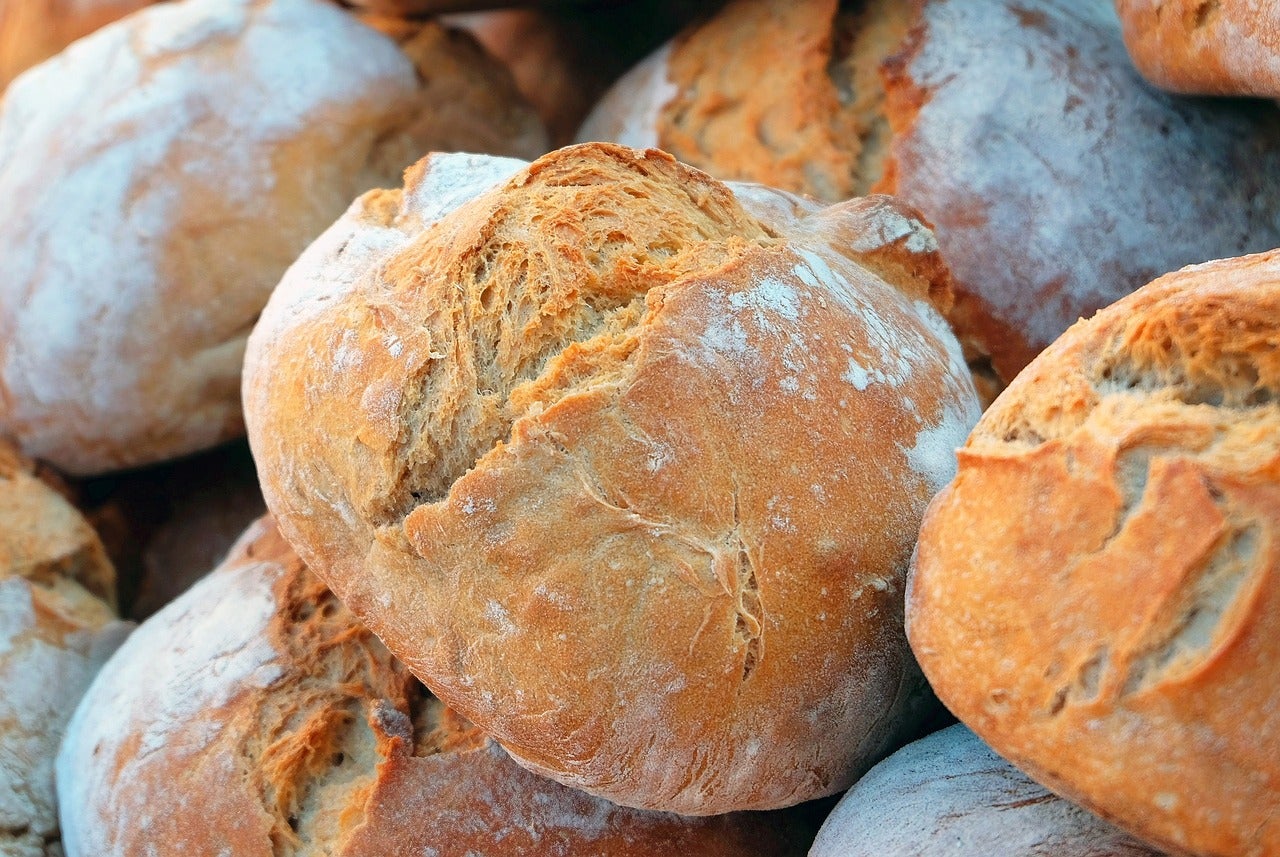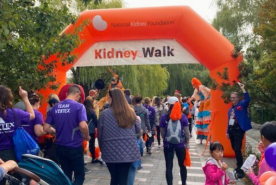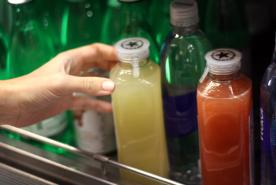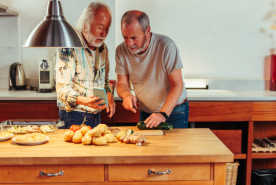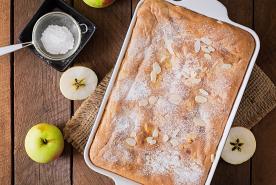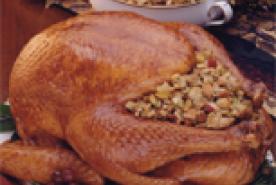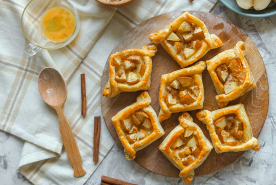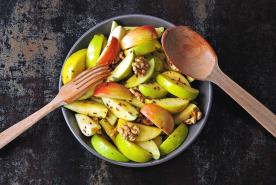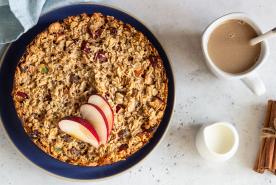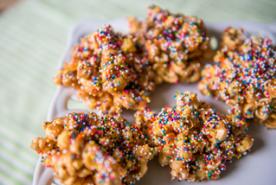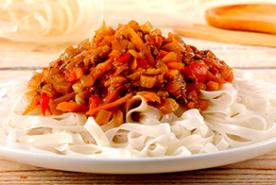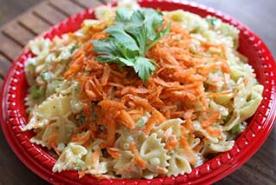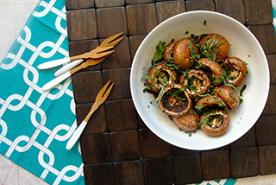October 14, 2016
Our food culture has been so caught up in the “gluten-free” frenzy, that the term has almost entirely lost its original meaning. So what does going gluten-free mean and how can it impact you if you have kidney disease or kidney failure?
Traditionally, a gluten-free diet is a treatment for people who have been diagnosed with celiac disease. Celiac disease is an inherited disease and is diagnosed by testing for certain genes that cause it. When people with celiac disease eat gluten (a protein found in wheat, rye, and barley), their body mounts an immune response that damages the small intestine. Over time, inflammation in the intestines caused by gluten can lead to serious complications. For those who are tested and have true celiac disease, it is necessary that they avoid all foods containing even small amounts of gluten for the rest of their lives. 1
There are also those who have non-celiac gluten sensitivity. These are individuals who get symptoms (difficultly concentrating, depression, ADHD-like behavior, abdominal pain, bloating, diarrhea, constipation, headaches, bone or joint pain, or chronic fatigue) when they eat gluten, but don’t have the genes that must be present when tested for celiac disease and don’t have intestinal tissue damage. These people do have fewer symptoms when they avoid gluten in their diet. 1
Many other people have adopted gluten-free lifestyles because of supposed benefits like weight loss, energy boosting or to feel generally healthier. These claims are not proven but some may find limiting gluten makes them feel better.
What foods must be avoided on a gluten free diet?
- Barley—malt and malt vinegar (malt flavorings are made from barley)
- Rye
- Triticale—a cross between wheat and rye
- Wheat—most flours that are on grocery shelves: plain, enriched, self-rising flours are usually wheat flour. Flours made from durum, farina, graham flour, kamut, semolina, and spelt contain gluten.
Other grains can be contaminated with wheat during the growing or processing stages, such as oats. Avoid oats unless specifically labeled gluten-free.
The Food and Drug Administration requires that any product that is labeled “gluten free” must contain less than 20 parts per million of gluten. Foods labeled “wheat free” may still contain gluten.
Other foods to avoid unless specifically labeled “gluten-free”:
- Breads, cakes and pies, cookies and crackers, communion wafers, certain candies, croutons, Matzo, pastas, and noodles
- Packaged frozen potatoes, seasoned rice mixes, seasoned snack foods—check potato chip and tortilla chip ingredients.
- Processed luncheon meats, imitation meat and seafood, self-basting turkeys, gravies and sauces—including soy sauce, soups and soup bases, vegetables in sauce, and salad dressings.
- Other food additives: modified food starch and malt flavoring.
Most grocery stores carry a wide variety of gluten-free alternatives such as gluten-free breads, cereals, and packaged products. The Celiac Disease Foundation’s website has many resources including a list of products that are deemed gluten-free on their “market place of gluten-free products.”2
How does a gluten-free diet fit into the diet restrictions for those with CKD or on dialysis?
First of all, the diet for those with CKD or dialysis is usually restricted in one or more ways: sodium, potassium, and/or phosphorus and possibly protein. Many gluten free foods will be allowed on a restricted (CKD or dialysis) diet. Check with your health care provider to ensure you are making the correct choices.
- Beans, seeds and nuts (in their natural, unprocessed form) are all high in protein, potassium and/or phosphorus, so these foods should be eaten in limited amounts.
- Grains such as rice, corn, soy, tapioca, sorghum, quinoa, millet, buckwheat groats (also known as kasha), arrowroot, teff, flax, chia, yucca, and nut flours are gluten free. Some of these special grains or flours may be are high in potassium and/or phosphorus, so check with your dietitian on the specific grain or flour if you are not sure.
- Fresh eggs and fresh meats, poultry, and seafood (no breading or batter-coated, or marinated forms) are fine on a gluten-free diet and are very important protein sources for those on dialysis.
- Fruits and fruit juices, and sodas are gluten free, but may be limited due to their potassium and/or phosphorus content. Check labels on blended fruit and vegetable juices for any gluten ingredients.
- Vegetables without added sauces are free of gluten, but those that are high in sodium, potassium and/or phosphorus must still be limited.
- Dairy products are free of gluten, but check all ingredients on yogurts, puddings and ice cream to be sure these are OK. Dairy products still need to be limited due to their sodium, potassium or phosphorus content.
- Fats such as liquid oils, butter and most margarines are gluten free, but check ingredients on margarine labels to be sure.
Is my gluten-free diet going to be low in vitamins or other nutrients?
It is likely that a gluten-free diet may be low in fiber, calcium, iron, thiamin, riboflavin niacin and folate. With the additional diet restrictions necessary for your specific kidney condition, it is very important that you work closely with your healthcare provider and a registered dietitian to address your individual needs.
Linda Ulerich, RD
References:
2 https://celiac.org/live-gluten-free/gluten-free-marketplace/
